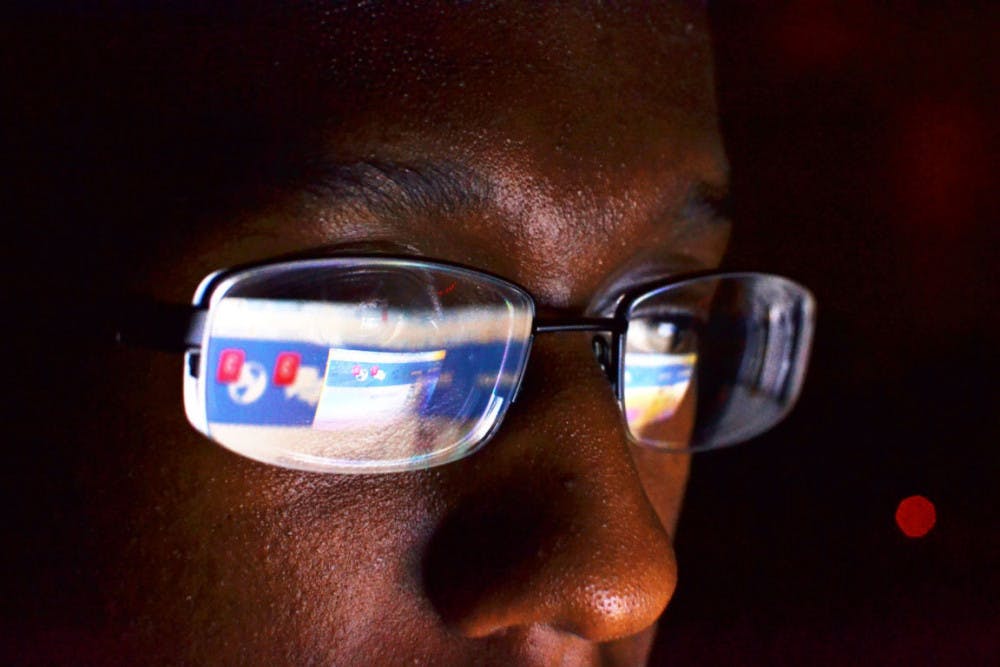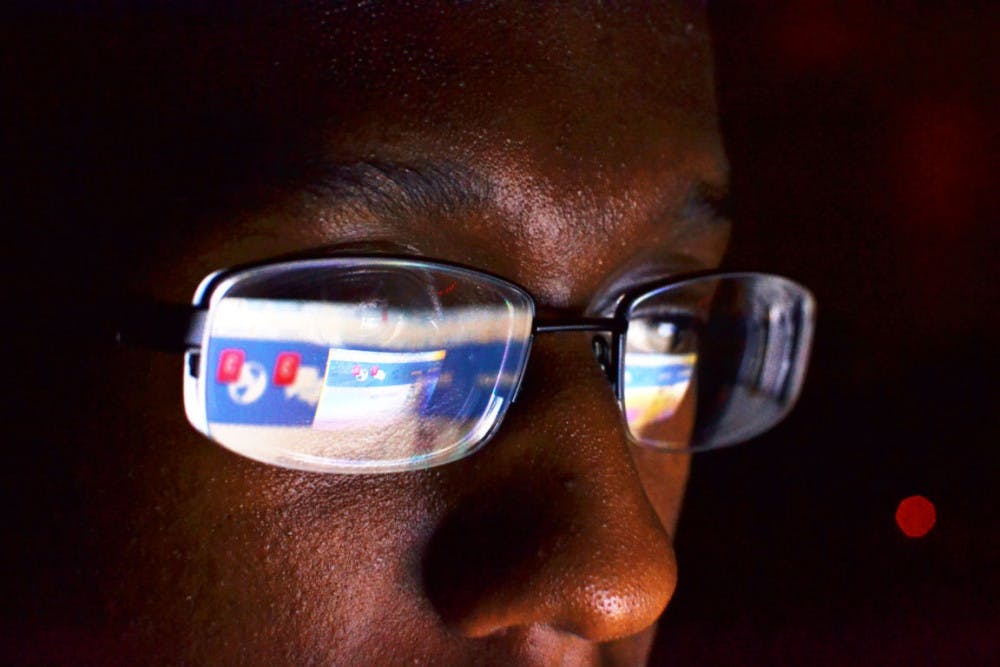
Comparison on social media can cause eating disorders, according to a 2014 study by the International Journal of Eating Disorders.The women from this study spent an average of two hours on Facebook a week.
Ashley Crunk, a 21-year-old recovering bulimic, would starve for days and then binge, or eat just to throw up.
Crunk said when she got to college, there was an “added pressure to look perfect†and her struggle with bulimia stemmed from her involvement with social media.
“I started going to therapy and that helped me learn to cope with it,†Crunk said. “It helped me start realizing that comparing myself to other people was only going to do more harm than good in the end.â€
She became obsessed with trying to look like the women she saw in advertisements and even her closest friends.
Negative body image and eating disorders are significantly linked to the consumption of social media among collegiate women, as stated in a study released in 2014 by the International Journal of Eating Disorders.
The study evaluated how the merge of media and peers, two predominant social influences, reinforce the thin ideal and increase the risk for developing an eating disorder.
The study was conducted at Florida State University and looked at the correlation between maladaptive Facebook usage and changes in eating pathology over four weeks. The authors of the study defined maladaptive Facebook usage as “the tendency to seek out negative evaluations and/or engage in social comparisons.â€
They found that the women, on average, used Facebook for two hours a week, and this behavior showed a substantial positive correlation to disordered eating.
In an additional test, they looked at whether social media usage affected eating disorder risk factors like weight gain and anxiety. During the tests, the authors found the women exposed to Facebook for 20 minutes had more negative responses about their body image and emphasized the importance of receiving comments or likes on their content. Participants in this test who were not exposed to Facebook for 20 minutes responded with less preoccupation for their weight, shape and anxiety.
The study found a significant but small association between social media use and disordered eating levels in two large samples of college-aged women. How women use Facebook, through its validation system of likes and comments, had a larger impact on weight and shape concerns and their anxiety. It also found social comparison to others was a common concern among the women and their peers.
Erika Blankenship, a junior at the U of M, said it’s difficult to stay off social media when it is “everywhere.â€
“There’s all this pressure of avoiding the ‘freshman 15,’ but none of that should matter,†Blankenship said. “But you see your friends and they look really good in their pictures, and then there’s some hesitation on your end like ‘oh, I don’t want to post that – I look fat.’â€
Emily Ellis, a junior at the U of M, tries not to let what she sees on social media bother her and has lessened her involvement on these platforms.
“Even though I don’t look like that, I remember that I still have friends and family that love me,†Ellis said. “I’ve learned to be grateful for what I have and that loving myself is more important than hurting myself or putting myself at risk.â€




